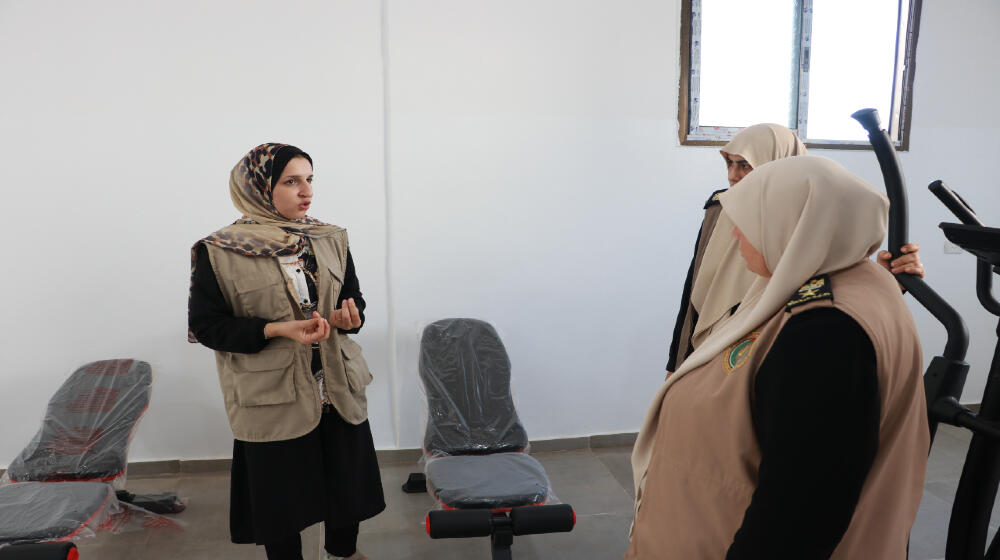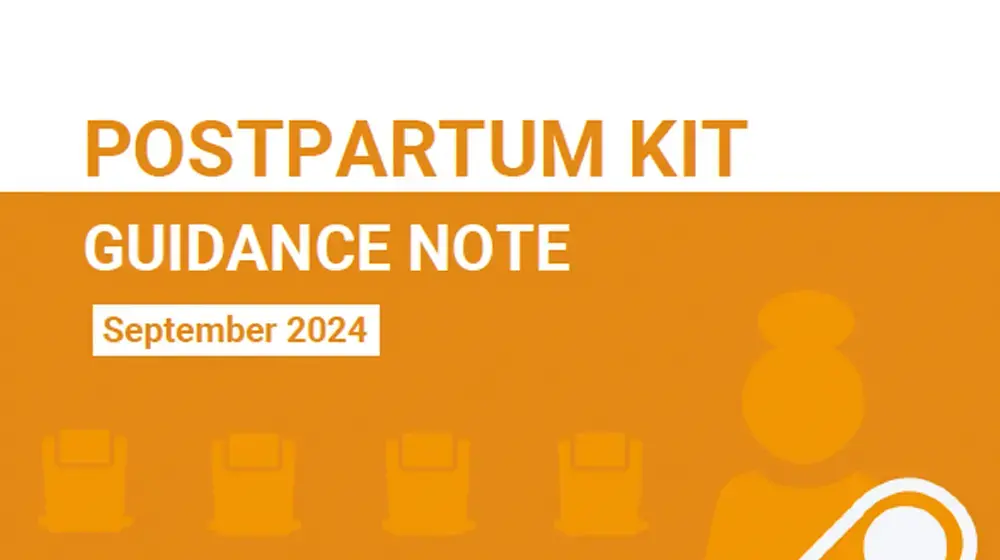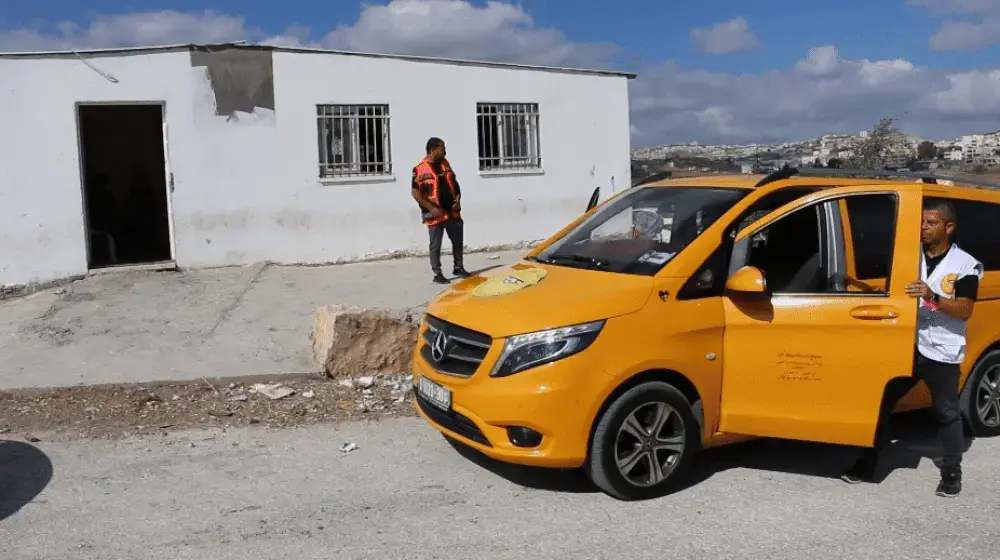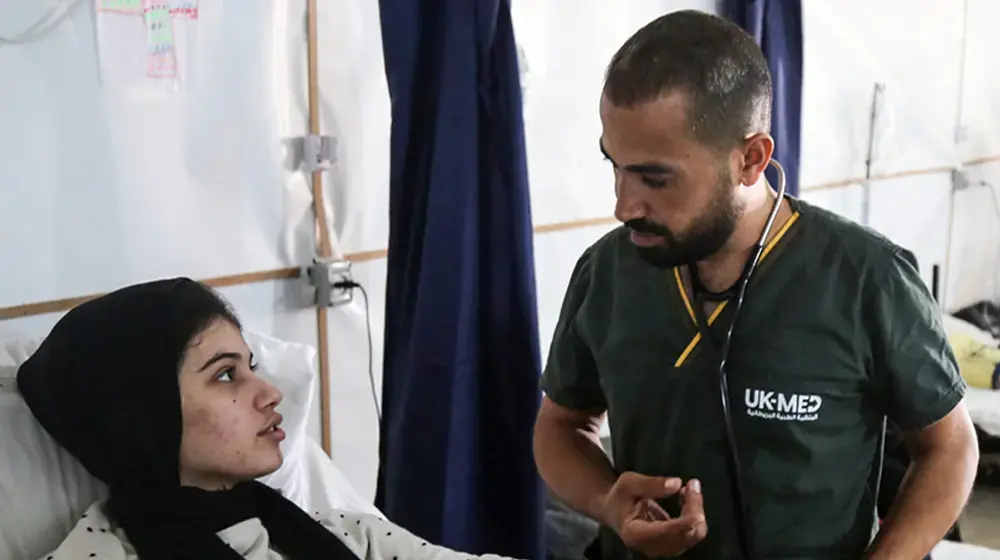There are 50 women detainees in Ansar prison in Gaza, six of them are currently pregnant. Between 18 and 45 years old, they are among the most vulnerable groups in Palestine, experiencing high degrees of uncertainty for their future. Social stigma imposes a burden they must face throughout their entire lifetime. From the words of a young girl in Ansar prison for women in the Gaza Strip during the assessment visit conducted by Culture and Free Thought Asociation (CFTA) in July 2022: ”Some circumstances forced us to spend years of our lives in this dark place. When we will be out again, we do not know how society will look at us. What we dream of is to live these years in a suitable place for human beings, and to get the prison rehabilitated in a way that makes us bear to stay in it.”
Detainees’ life in prison is not easy. They struggle for their rights, and they only get some basic needs, such as food and shelter. The director of the prison said: “We try our best to meet and provide basic needs, such as food, clothes and medicine, but the severe shortage of supplies prevents meeting all those needs”.
Based on the principle “leave no one behind”, the CFTA initiative came to target women in prison through creative interventions besides the legal services they already receive from Women’s Health Center, Bureij, and Wisal network legal department and psychosocial support.
The case manager and project coordinator, accompanied by psychologists, conducted several assessment visits to understand the needs and feelings of these women. What emerged was the unanimous request for psychological support and interventions to stimulate creativity and teamwork.
Many of these women were living with severe depression, and emotional breakdowns.
Based on the answers collected through the participatory assessment with female prisoners and the prison administration, the Culture and Free Thought Association (CFTA) decided to establish a psychological debriefing unit at the prison. In addition, the idea of supplying some gym equipment for daily exercise came up as a tentative to give detainees a shared space to spend some time of the day.
The result was excellent. Since the opening day of the gymnasium, the prisoners started having their workout sessions and organized recreational activities and sports themselves. Also, the prison administration decided to contract a fitness coach to lead the daily exercises.
“This is amazing! I feel I’m a woman!" - AI
"I can't believe that I can go to the gym! I was becoming more and more lazy. Now I have the chance to be active and stay healthy.”– JA
"CFTA continued its psychological support for these women and distributed psychological support kits that contain stress-relieving tools, such as music devices, embroidery and sewing tools, and sponge balls, in addition to comfortable cotton clothes for sleeping” says Firyal Thabet, Director General, Bureij Women’s Health Center at Culture and Free Thought Association.
Psychologists scheduled bi-monthly psycho-emotional support sessions, while the case management provides them with needed medicines, vitamins, and laboratory tests. In addition, the Ministry of Health ensures regular check-ups to pregnant prisoners and is increasing the effort to meet further needs, such as post-natal dignity kits or baby clothes.
Regardless of their crimes - financial liabilities, prostitution, drug addiction, theft crimes - these women were only looking for some well-being, some support. What can seem a small step from the outside can be a great improvement in people's lives, providing these women with a gym put real smiles on their faces, and relieved their souls.





